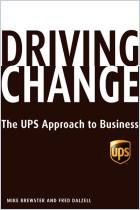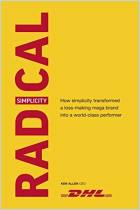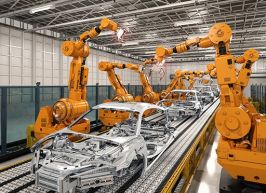Join getAbstract to access the summary!

Join getAbstract to access the summary!
Greg Niemann
Big Brown
The Untold Story of UPS
Jossey-Bass, 2007
What's inside?
UPS set out to be the world's best delivery service – big ambition for a bunch of folks in dowdy outfits and brown trucks.
Recommendation
The package delivery business is a huge industry that hinges on personnel and logistics, as author Greg Niemann explains in this informative, entertaining biography of the United Parcel Service. Niemann, a UPS career insider, explains how the company became a global leader. He gives credit to the values of its founder, Jim Casey, a hard worker from a humble background. Casey believed in strict routine, safety, precision, shared responsibility and fairness; he pioneered programs to distribute the company's wealth to his employees, while holding them to strict procedures. This absorbing corporate bio is more objective than you might expect, though clearly Niemann is a fan of Casey and UPS. getAbstract finds that his focus on Casey's entrepreneurship offers a fine example for anyone who is trying to make a company prosper.
Summary
About the Author
Greg Niemann, a Southern California travel and outdoors writer, had a 35-year career with UPS, moving up from driver to West Coast editor of the company's publications and a frequent liaison to top management.





















Comment on this summary